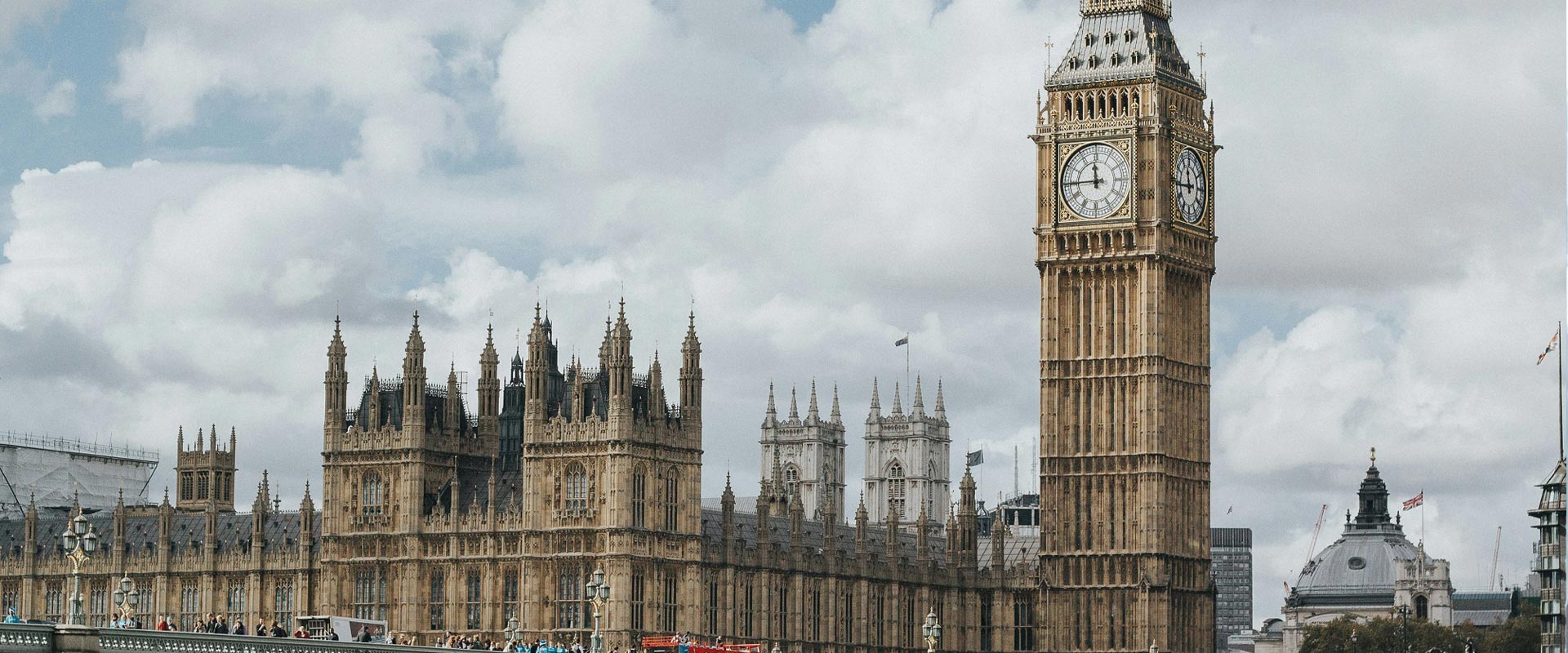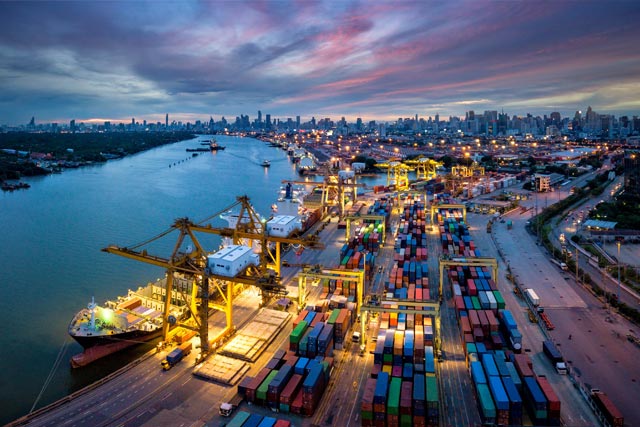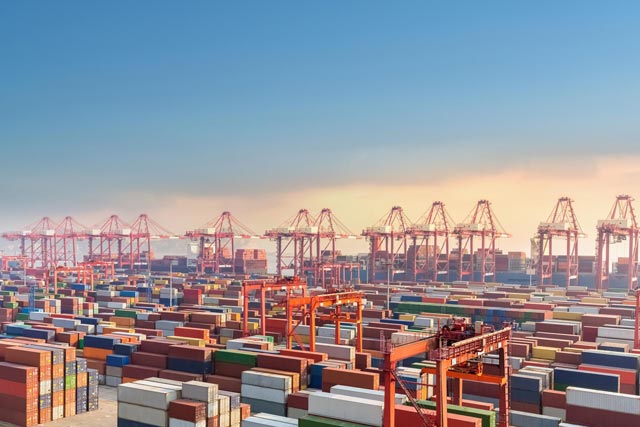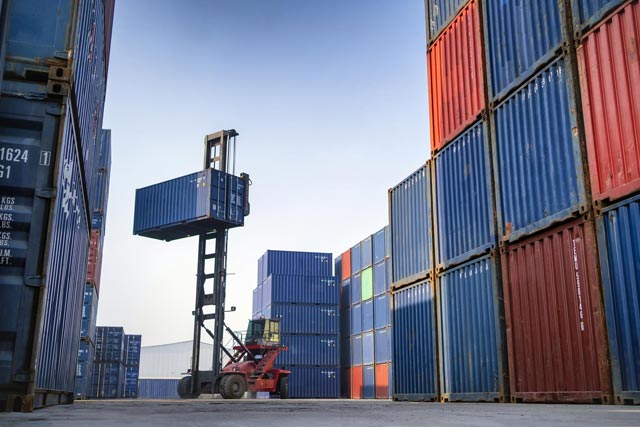We’re now living in a more connected world than ever before.
On the upside, that means business is easier to conduct on a global scale.
On the downside, this means that when something goes wrong in one part of the world, you can feel the impact halfway around the globe.
Political risk management is essential to assess the risks and define actions to protect your company.
Import/Export issues
In today’s globalised economy, competition between countries and alliances can be intense. Sometimes, businesses become caught in the political crossfire.
If sanctions or other restrictive measures are imposed on these activities, key supply chains may be disrupted, and saleable goods may lose value. In the most extreme cases, entire enterprises can grind to a halt. A comprehensive insurance policy can help firms manage the inherent risks of international trade.
For example, since entering administration, President Trump has made executive orders to impose a 25% tariff on Canadian and Mexican goods and a 10% tax on energy products from Canada and a range of Chinese goods. This has led to uproar. Beijing stated that they could file a lawsuit with the World Trade Organisation for wrongful practice, and the countries have threatened retaliative taxes.
This uncertainty has left many internationally trading businesses in limbo.
Restriction on currency exchange or transfer
International monetary policy can have a direct impact on businesses.
Many countries with developing or transitional economies use foreign exchange controls to limit speculation against their currencies. These countries are known as “Article 14” countries and include major global players like China, India, and South Africa.
In certain circumstances, exchange controls can prevent firms from remitting proceeds from overseas operations. That can impede cash flow and threaten profitability.
Political risk cover, as part of trade credit insurance, can enable affected companies to restore shareholder dividends, loan payments, and other essential payables.
Political unrest and forced exit
From mineral resources to human talent, there are numerous reasons that businesses may expand into developing markets. However, high-growth opportunities often come with higher risks of political conflict, instability and violence.
Because these threats are unpredictable and complex, standalone insurance policies may not address all the ways that operations could be affected. Allianz Trade’s cover is designed to provide a broader scope of protection for companies operating in emerging markets. If this interests you, please simply ask to add this on to your policy.
Expropriation and discrimination
At times, foreign governments may act to seize the assets of companies operating within its borders. This is known as direct expropriation and is generally allowed under international law if the seizure is for public benefit and the firm is fairly compensated. But sometimes, the compensation isn’t fair – or it isn’t provided at all.
In other cases, businesses can face indirect expropriation (a.k.a. regulatory taking), where they retain the title to their assets but are deprived of the revenues they generate. The right insurance policy can help firms to mitigate against both types of expropriation.









